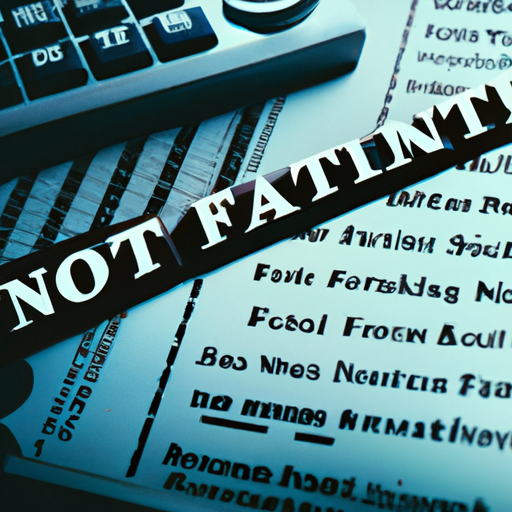The war in Ukraine is causing a spike in global commodity prices and Latin America is cashing in.
After a record-breaking , many analysts expected that export-related profitability in Latin America would subside in . However, the Russian invasion of Ukraine changed that picture entirely. Now, with global commodity prices sustaining their upward trajectory, and growing demand for the region’s exports, governments and analysts likewise are revising their outlooks.
Such is the case of Martin Castello, head of Latin America research at the Institute of International Finance. “Given Latin America’s reliance on commodity exports and waning trade dependence on Europe,” he notes, “the positive terms of trade shock may boost exports in many countries.”
The Commodities Research Bureau Index—a benchmark for compounded global commodity prices—has risen % since January and % since the beginning of the Ukraine war. Those figures made the Brazilian Central Bank boost this year’s trade surplus projection by more than %, forecasting a total $ billion in exports, up from $ billion.
In Argentina, rising wheat prices propelled a % jump in the country’s March trade surplus. A similar trend was seen in Colombia, which posted a .% rise in export profitability in the first months of the year. In Venezuela, the surge in oil prices and ongoing talks with the US also boosted expectations.
However, the most significant uptrends for the period were in oil %, wheat .%, and soy .%. The impact on the remaining region’s economies will depend on their relationship with those core commodities.
According to the UN Comtrade Database, Venezuela, Colombia, Argentina, and Brazil have a significant trade surplus in grains and energy. Mexico, Chile, and Peru are net importers. Likewise, the Caribbean region is also poised for a slower year due to its reliance on energy imports.
“Overall, if international trade suffers from the war, South America will probably suffer less,” says Lia Valls, a researcher at the Brazilian Institute of Economics. “However, in the end, the truth is that nobody benefits from a war.”


